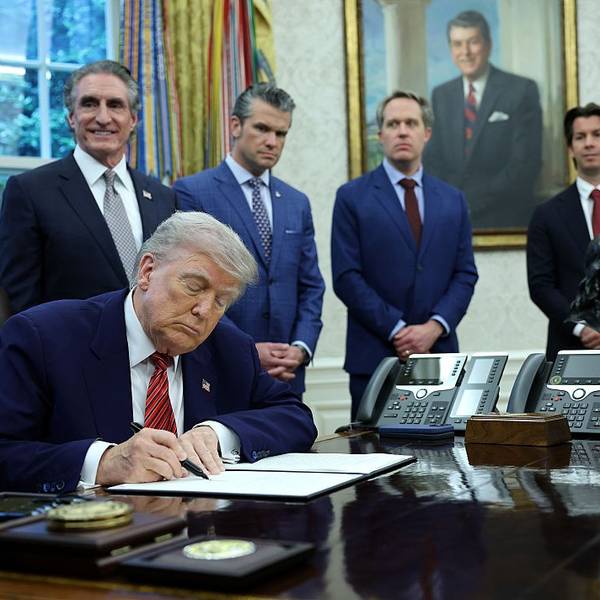An upsurge in radioactive pollution detected over Europe in recent weeks is likely the result of an accident at a nuclear facility in Russia or Kazakhstan, France's Institute for Radiological Protection and Nuclear Safety (IRSN) said in a new report.
"There's no need for nuclear power, so why do we allow these accidents to keep happening? The next one could be another Fukushima or Chernobyl."
--Campaign for Nuclear Disarmament
The radioactive plume--composed of Ruthenium-106--was detected "in the atmosphere of the majority of European countries" beginning late in September, IRSN observed.
While the detection of Ruthenium initially sparked concerns of food contamination, officials claimed that public health is not at risk.
"The concentration levels of Ruthenium-106 in the air that have been recorded in Europe and especially in France are of no consequence for human health and for the environment," the agency concluded in a press release.
IRSN also ruled out "the possibility of an accident on a nuclear power plant, which would result in the presence of other radionuclides," suggesting that the material likely originated from a radioactive medicine center or nuclear fuel treatment site.
The precise point of release is also not known. IRSN suggested that "the most plausible zone of release lies between the Volga and the Urals," and published a map detailing its findings.
Jean-Marc Peres, the director of IRSN, told Reuters that "Russian authorities have said they are not aware of an accident on their territory." Peres added that he has not been in contact with Kazakh officials.
Though authorities insisted that the nuclear plume was "harmless," IRSN's report was still met with alarm.
"There's no need for nuclear power, so why do we allow these accidents to keep happening?" the U.K.-based Campaign for Nuclear Disarmament wrote in response to the report. "The next one could be another Fukushima or Chernobyl."





